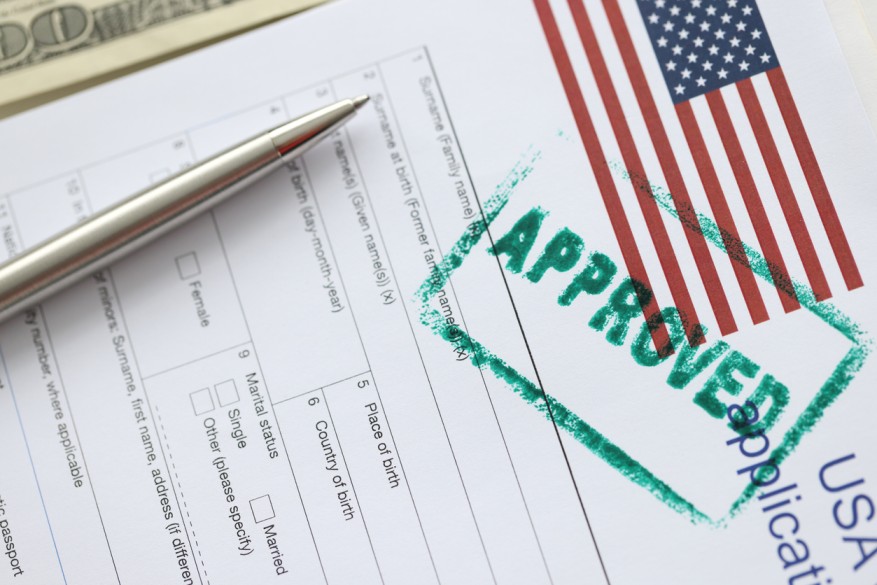Achieving legal residency in the United States is a significant milestone for many immigrants. The process, however, can be complex and challenging to navigate. Understanding the steps involved and knowing what to expect can help ease the journey. At Cook Attorneys, we specialize in immigration law and are dedicated to assisting individuals and families in their pursuit of legal residency. This blog will outline the essential steps in the immigration process to help you achieve your goal of becoming a lawful resident.
Determining Eligibility
The first step in the immigration process is determining your eligibility for legal residency. Various pathways exist, including family-based immigration, employment-based immigration, refugee or asylum status, and the Diversity Visa Lottery. Each category has specific requirements and criteria. For instance, family-based immigration requires sponsorship from a U.S. citizen or lawful permanent resident relative, while employment-based immigration often requires a job offer from a U.S. employer. Consulting with an immigration attorney from Cook Attorneys can help you understand which pathway best suits your situation and whether you meet the necessary qualifications.
Filing the Appropriate Petition
Once you have determined your eligibility, the next step is filing the appropriate petition with U.S. Citizenship and Immigration Services (USCIS). For family-based immigration, this typically involves filing Form I-130, Petition for Alien Relative. For employment-based immigration, your employer will usually file Form I-140, Immigrant Petition for Alien Worker. If you are seeking refugee or asylum status, you would file Form I-589, Application for Asylum and for Withholding of Removal. Each form requires detailed information and supporting documentation, so it is essential to complete it accurately and thoroughly. An experienced immigration attorney can assist in preparing and submitting your petition to avoid delays or denials.
Waiting for Petition Approval and Visa Availability
After submitting your petition, you must wait for approval from USCIS. The processing time varies depending on the type of petition and current caseload. Once your petition is approved, you must wait for a visa to become available. For family-based and employment-based immigration, this depends on the visa category and the applicant’s country of origin. The U.S. Department of State’s Visa Bulletin provides monthly updates on visa availability. Patience is crucial during this stage, as waiting periods can range from several months to several years.
Consular Processing or Adjustment of Status
When a visa becomes available, you can proceed with either consular processing or adjustment of status. Consular processing involves attending an interview at a U.S. embassy or consulate in your home country. You will need to complete Form DS-260, Immigrant Visa and Alien Registration Application, and provide additional documentation, such as medical examination results and police certificates. Alternatively, if you are already in the U.S., you may be eligible for adjustment of status by filing Form I-485, Application to Register Permanent Residence or Adjust Status. This process allows you to apply for a Green Card without leaving the country. An immigration attorney can help determine the best option for your circumstances and guide you through the necessary steps.
Attending the Interview and Receiving a Decision
Whether you undergo consular processing or adjustment of status, attending an interview is a critical step in the immigration process. During the interview, a consular officer or USCIS officer will review your application and supporting documents, ask questions to verify your eligibility, and assess your overall suitability for legal residency. It is important to be honest, provide accurate information, and remain calm during the interview. Following the interview, you will receive a decision. If approved, you will be granted an immigrant visa or a Green Card, allowing you to reside legally in the United States. If additional information or evidence is required, you will receive instructions on how to proceed.
The immigration process to legal residency in the United States involves several crucial steps, each requiring careful preparation and attention to detail. Determining eligibility, filing the appropriate petition, waiting for approval and visa availability, and completing consular processing or adjustment of status are all part of the journey. Attending the interview and receiving a decision marks the final step toward achieving your goal of legal residency.
At Cook Attorneys, we are dedicated to helping you navigate this complex process. Our experienced immigration attorneys provide personalized guidance and support every step of the way. If you or a loved one is pursuing legal residency in the U.S., contact us today for a consultation. Let us help you achieve your dream of becoming a lawful resident.
By following these guidelines and seeking professional assistance, you can confidently navigate the immigration process and work towards securing your future in the United States.









